While Hong Kong’s protests are primarily pushing for greater democratic freedoms and police accountability, the summer of rage has been fuelled by years of simmering anger towards Beijing and the local government over falling living standards and the high costs of living.
Hong Kong’s property market is one of least affordable in the world with sky-high prices fuelled, in part, by wealthy mainlanders snapping up investments in a city which has failed for years to build enough flats to meet demand.
But now mainland Chinese, who traditionally viewed property in Hong Kong as a safe investment, are opting for rival financial hub Singapore as a result of the protests and the US-China trade war, according to observers.
There has been a jump this year in sales of luxury apartments in the city-state – which like Hong Kong is known for pricey property – driven partially by mainland Chinese buyers, according to the consultancy OrangeTee & Tie.
“The protests in Hong Kong have made some of the mainland Chinese based there more concerned about investing in Hong Kong real estate, so they carry that investment to Singapore,” said Alan Cheong, executive director of the research and consultancy team at Savills.
As well as hitting China’s economy, trade tensions may have discouraged some Chinese from investing in the West and pushed them towards Singapore, with its mostly ethnic Chinese population.
“I think they don’t want to go to the West,” said Cheong.
Singapore is “the closest country culturally to China other than Hong Kong, and I think they feel more comfortable with that”.
There are further signs that Singapore is benefiting from the Hong Kong turmoil – Goldman Sachs last week estimated as much as US$4 billion flowed out of Hong Kong to Singapore this summer.
And analysts warned there was little hope of Hong Kong’s property market recovering soon.
“Hong Kong property share prices have corrected by about 15% to 25% since July,” said Raymond Cheng, head of Hong Kong and China property at CGS-CIMB Securities International.
Residential sales were still holding up but only when developers offered discounts, office rents were expected to fall by as much as 5% and shop rents were also badly affected, he said.
But despite the unrest, businessman Ng, who will rent his Penang property and has no plans to move there permanently for now, was still hopeful about Hong Kong’s long-term prospects.
“The problem may not be solved in the short term but it is not so serious as pessimists think,” he said.
.jpeg)
.jpg)
_PH_Banner_(Desktop)(1200x180px).png)
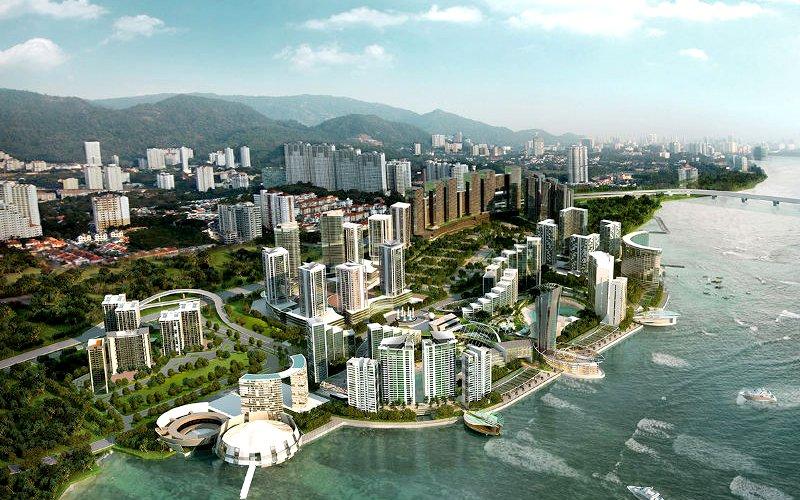
.jpg)

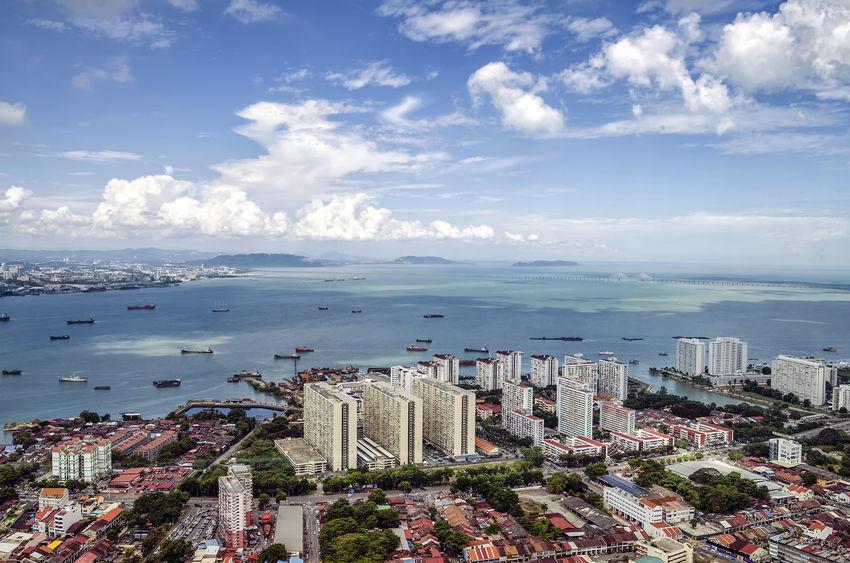
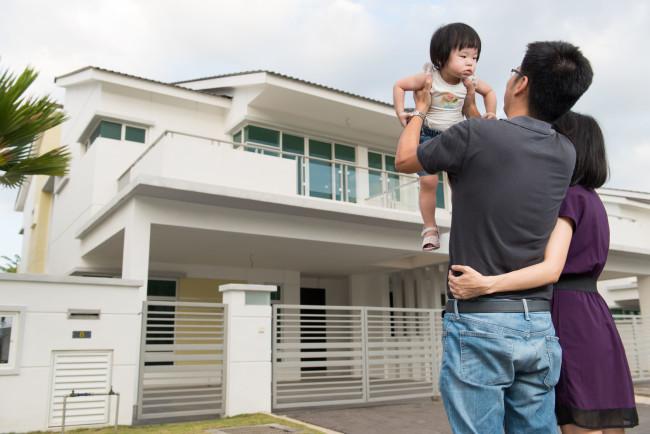
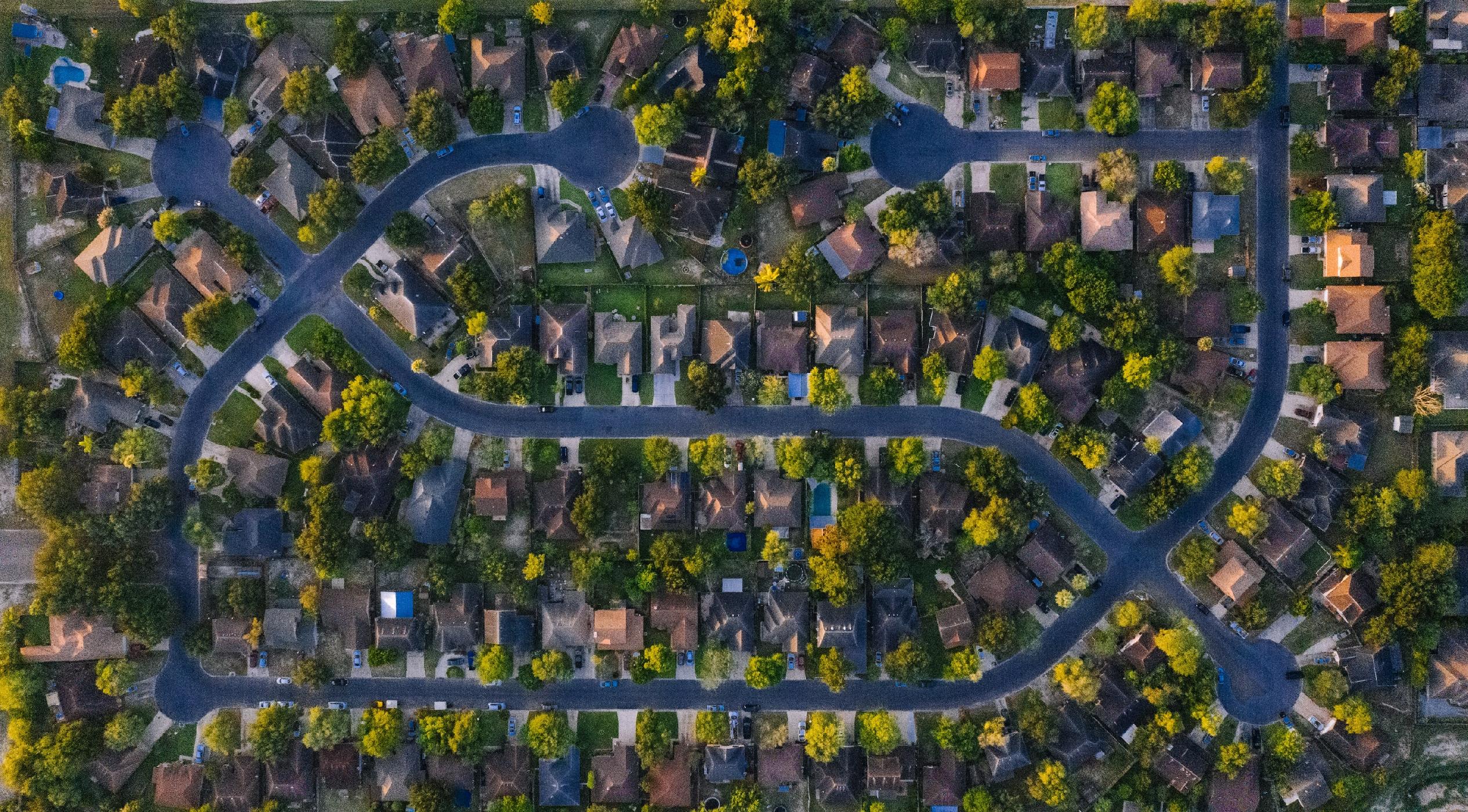
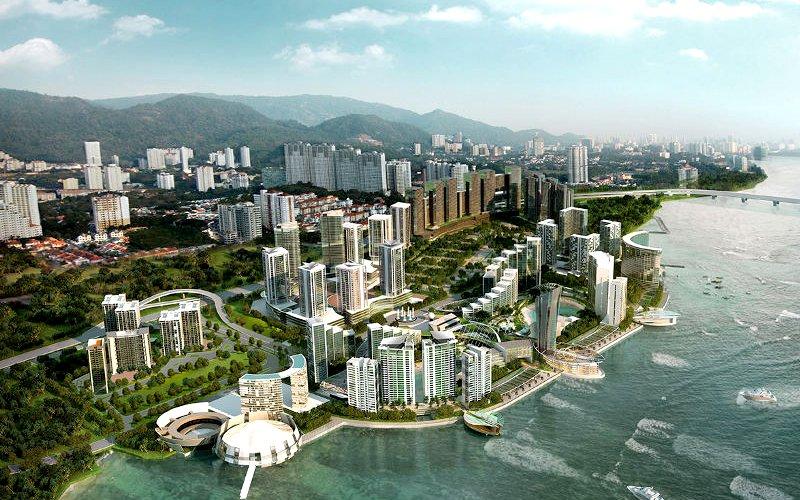
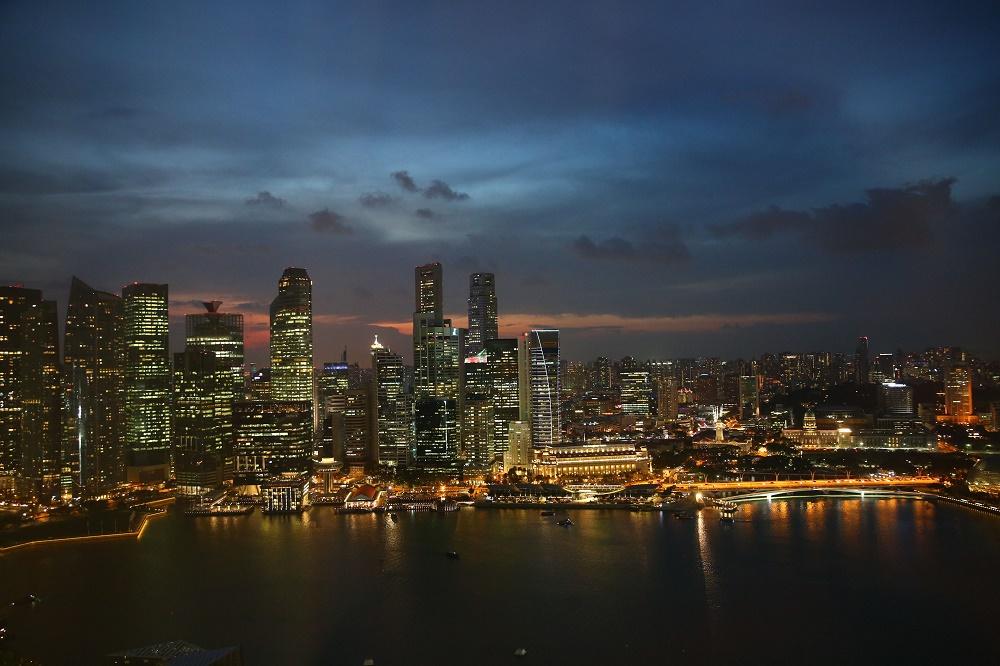
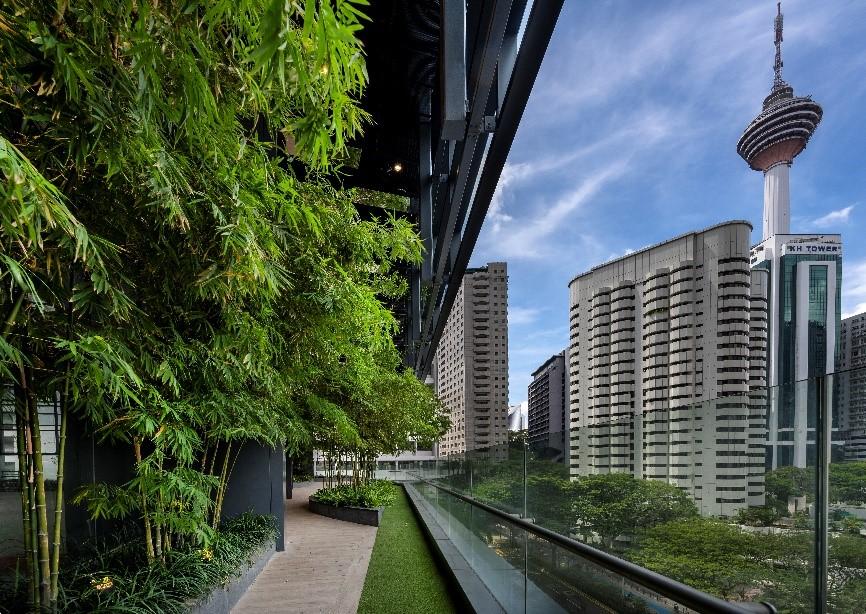

.jpg)
.jpeg)
